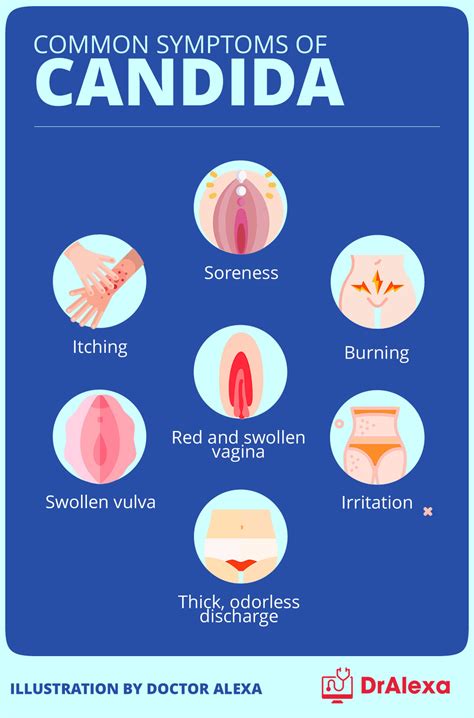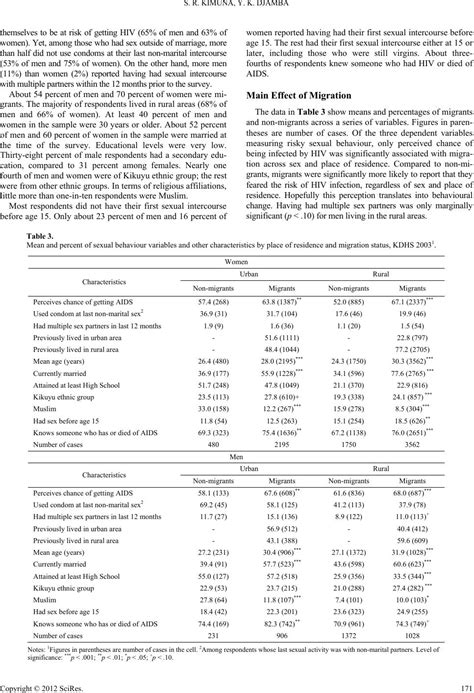Intro
Discover effective vaginal yeast infection treatment options, including natural remedies, antifungal medications, and home care tips to alleviate symptoms and prevent recurrence, promoting vaginal health and wellness.
Vaginal yeast infections are a common issue that affects millions of women worldwide. They are caused by an overgrowth of Candida, a type of fungus that is naturally present in the vagina. When the balance of bacteria and yeast in the vagina is disrupted, it can lead to an infection. The symptoms of a vaginal yeast infection can be uncomfortable and frustrating, including itching, burning, and discharge. Fortunately, there are various treatment options available to help alleviate these symptoms and restore the balance of the vaginal ecosystem.
The importance of seeking treatment for a vaginal yeast infection cannot be overstated. If left untreated, the infection can lead to more severe symptoms and potentially cause long-term damage to the reproductive system. Furthermore, some women may experience recurring infections, which can be a sign of an underlying health issue. By understanding the causes and treatment options for vaginal yeast infections, women can take control of their reproductive health and prevent future occurrences.
Vaginal yeast infections can be caused by a variety of factors, including hormonal changes, antibiotic use, and poor hygiene. Women who are pregnant, diabetic, or have a weakened immune system are more susceptible to developing an infection. Additionally, wearing tight clothing, using scented soaps or bubble baths, and engaging in unprotected sex can also increase the risk of developing a vaginal yeast infection. By being aware of these risk factors, women can take steps to prevent infections and maintain good vaginal health.
Vaginal Yeast Infection Symptoms and Diagnosis

Types of Vaginal Yeast Infections
There are several types of vaginal yeast infections, including mild, moderate, and severe infections. Mild infections are typically characterized by mild symptoms and can be treated with over-the-counter medications. Moderate infections are more severe and may require prescription medications. Severe infections can cause significant discomfort and may require hospitalization. It is essential to seek medical attention if symptoms persist or worsen over time.Treatment Options for Vaginal Yeast Infections

Home Remedies for Vaginal Yeast Infections
In addition to medical treatments, there are several home remedies that can help alleviate the symptoms of a vaginal yeast infection. These include: * Practicing good hygiene, such as wiping from front to back and avoiding scented soaps or bubble baths * Wearing loose, breathable clothing to reduce moisture and prevent the growth of Candida * Avoiding tight clothing, such as pantyhose or leggings, which can trap moisture and create an ideal environment for Candida to grow * Using a probiotic supplement or eating probiotic-rich foods, such as yogurt or kefir, to help restore the balance of the vaginal ecosystem * Avoiding sugary foods and drinks, which can feed the Candida fungus and exacerbate symptomsPrevention of Vaginal Yeast Infections

Recurring Vaginal Yeast Infections
Recurring vaginal yeast infections can be a sign of an underlying health issue, such as a weakened immune system or a hormonal imbalance. Women who experience recurring infections should seek medical attention to rule out any underlying conditions. In addition, women can take steps to prevent recurring infections, such as practicing good hygiene, wearing loose clothing, and avoiding sugary foods and drinks.Vaginal Yeast Infection and Pregnancy

Vaginal Yeast Infection and Diabetes
Women with diabetes are more susceptible to developing vaginal yeast infections due to high blood sugar levels. High blood sugar levels can create an ideal environment for Candida to grow, leading to an infection. Women with diabetes should take steps to manage their blood sugar levels and practice good hygiene to reduce their risk of developing an infection.Vaginal Yeast Infection and Sex

Vaginal Yeast Infection and Menstruation
Vaginal yeast infections can occur during menstruation, and some women may experience more severe symptoms during this time. Hormonal changes during menstruation can increase the risk of developing an infection, and some women may experience heavier discharge or more intense itching. However, there are several treatment options available for women who experience vaginal yeast infections during menstruation, including over-the-counter and prescription medications.Conclusion and Next Steps

We invite you to share your thoughts and experiences with vaginal yeast infections in the comments below. Have you ever had a vaginal yeast infection? What treatment options did you use, and what steps do you take to prevent future occurrences? Your input can help other women who are struggling with vaginal yeast infections, and we appreciate your feedback.
What are the symptoms of a vaginal yeast infection?
+The symptoms of a vaginal yeast infection can include itching, burning, and discharge. The discharge is typically thick and white, with a cottage cheese-like consistency. Some women may also experience pain during sex or while urinating.
How are vaginal yeast infections diagnosed?
+Vaginal yeast infections are typically diagnosed through a physical exam and a sample of the discharge, which is sent to a laboratory for analysis. The sample is examined under a microscope to confirm the presence of Candida.
What are the treatment options for vaginal yeast infections?
+There are several treatment options available for vaginal yeast infections, including over-the-counter and prescription medications. Over-the-counter medications, such as clotrimazole and miconazole, are available in cream, tablet, or suppository form. Prescription medications, such as fluconazole, are typically used to treat more severe infections or infections that do not respond to over-the-counter treatments.
Can vaginal yeast infections be prevented?
+Yes, vaginal yeast infections can be prevented by practicing good hygiene, wearing loose clothing, and avoiding sugary foods and drinks. Women can also take steps to prevent infections by using a probiotic supplement or eating probiotic-rich foods, such as yogurt or kefir.
What are the complications of untreated vaginal yeast infections?
+Untreated vaginal yeast infections can lead to more severe symptoms and potentially cause long-term damage to the reproductive system. Women who experience recurring infections should seek medical attention to rule out any underlying conditions.
